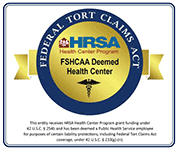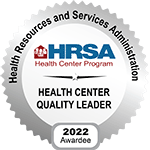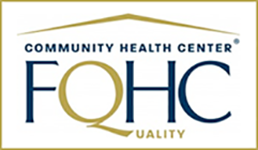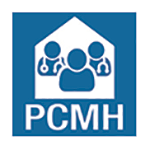
Dr. Timothy Tanner, MD, Medical Director, Northern Counties Health Care
Colorectal Cancer Awareness Month is observed annually in March. This month aims to raise awareness about colorectal cancer, promote early detection and screening, and support individuals and families affected by this disease.
Colorectal cancer is cancer that occurs in the last part of the GI tract, the colon (also called the large intestine or large bowel) or rectum (the passageway that connects the colon to the anus). Colorectal cancer is the third most common cancer in both men and women in the United States. Yet it is one of the most preventable. It is highly treatable and is often curable when caught early.
The American Cancer Society recommends that adults begin colorectal cancer screening at age of 45 and continue through the age of 75. There are several screening tests. Colonoscopy is a one-step screening test that uses a flexible scope to look at the rectum and colon. If an abnormality is seen, such as a polyp (growths that can be pre-cancers) it can be sampled or removed during the procedure. Two-step screening tests require a colonoscopy as the second step if the first step is abnormal. Two-step tests include stool-based tests, a special type of CT scan and sigmoidoscopy (a shorter, flexible scope that looks at the just the last part of the bowel).
It is important to reach out to your health care providers if you have any symptoms that may be due to colorectal cancer, regardless of your age. Some of these symptoms might be: blood in the stool, change in bowel habits, rectal pain, abdominal pain or unexpected weight loss.
You might be at an increased risk of colorectal cancer if you have a close relative who has or had colorectal pre-cancerous polyps or colorectal cancer; if you have inflammatory bowel disease, Crohns disease, or ulcerative colitis; or if you have a genetic syndrome such as familial adenomatous polyposis (FAP) or hereditary non-polyposis colorectal cancer (Lynch Syndrome).
During March, Northern Counties Health Care will be doing recalls for patients that are due for colorectal cancer screening from the records that we have.










